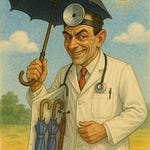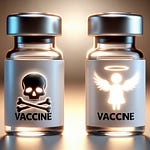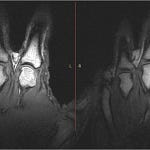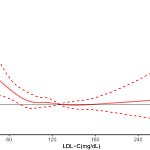When I was little, my father read classics to me and my sister. In the evenings after dinner we sandwiched him on my parents’ bed, listening to the schemes of Miss Havisham and the adventures of Jim and Long John Silver.
I knew they were stories, but I also knew they held truth. Years later I became a doctor and a data scientist, and my sister became a brilliant television writer. Irony: she packs more truth into 42 minutes of television fiction than I typically find in a week’s worth of biomedical studies.
My sister knows that when it’s story time, the story comes first. Through the experience and journey of the story we see truths about ourselves and our world. The story comes first, the truth rises from it.
Scientists also love a story, sometimes too much. In reporting their data, scientists can forget that science is the opposite of fiction: the story is supposed to come from the truth, not the other way around. Mark Twain, a world class story teller, famously lamented this problem when he said “There are lies, damn lies, and statistics.”
Practicing good science means presenting data in a manner that is unbiased and transparent. The story then rises from the data. What makes Great Expectations a classic is the opposite—a universal and undeniable truth rises out of the story. Great writers like Dickens give us the story, and we see the truth it tells. Great scientists give us the truth, and we see the story it tells.
This week on the podcast I talk about a paper published in the highly influential British Medical Journal, on the subject of masking to prevent illness. The paper will undoubtedly become a primary source when policy makers, journalists, and others want to cite a scientific source for the assertion that masking works. But in truth the paper is rich with story, and the data are sidelined and obscured in service of a larger narrative. It is an object lesson in anti-science: The story came before the data.
How can we know this? Because we dived the data ourselves. If you haven’t heard it before and you want to know and understand the data on masking, read and listen to Mask Mandates and Sausage, the post and podcast where I briefly walk through every important randomized trial on the topic.
Knowing the data allows us to compare and contrast dueling reviews, and to understand how and why seemingly bright, accomplished scientists can disagree on the meaning of twelve robust clinical trials. The famous Cochrane review says the evidence is limited and does not support masking, while the BMJ review says the evidence proves masking works.
How can both be true? They can’t. Let the data dive begin.












